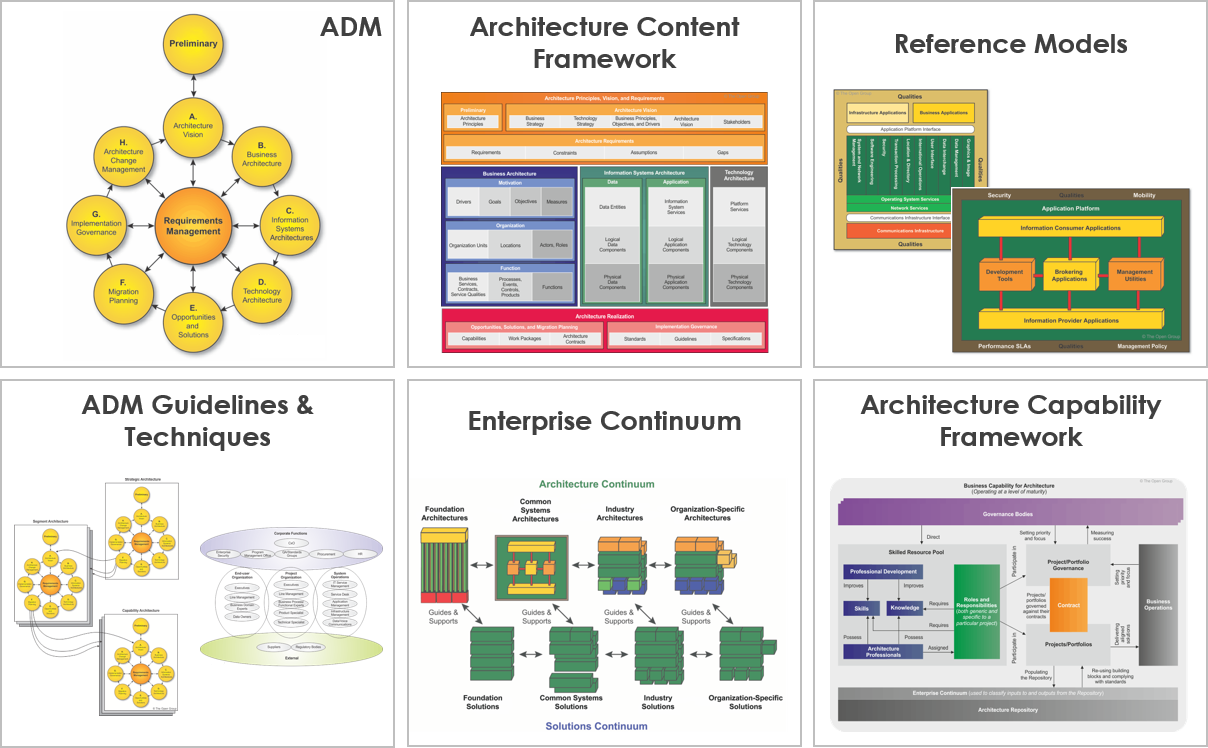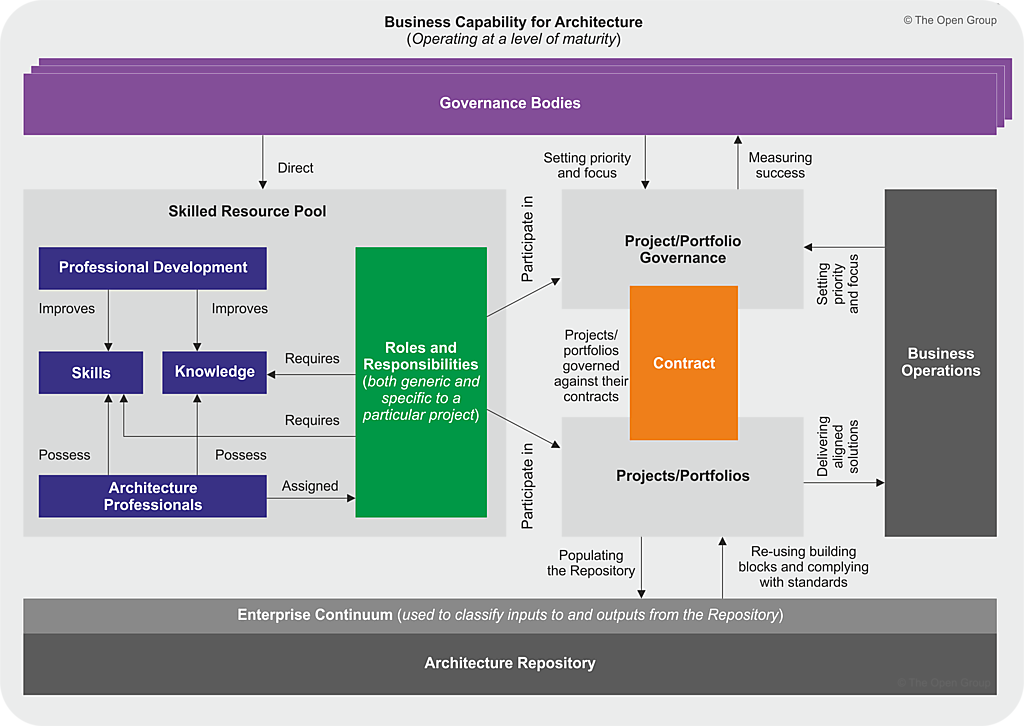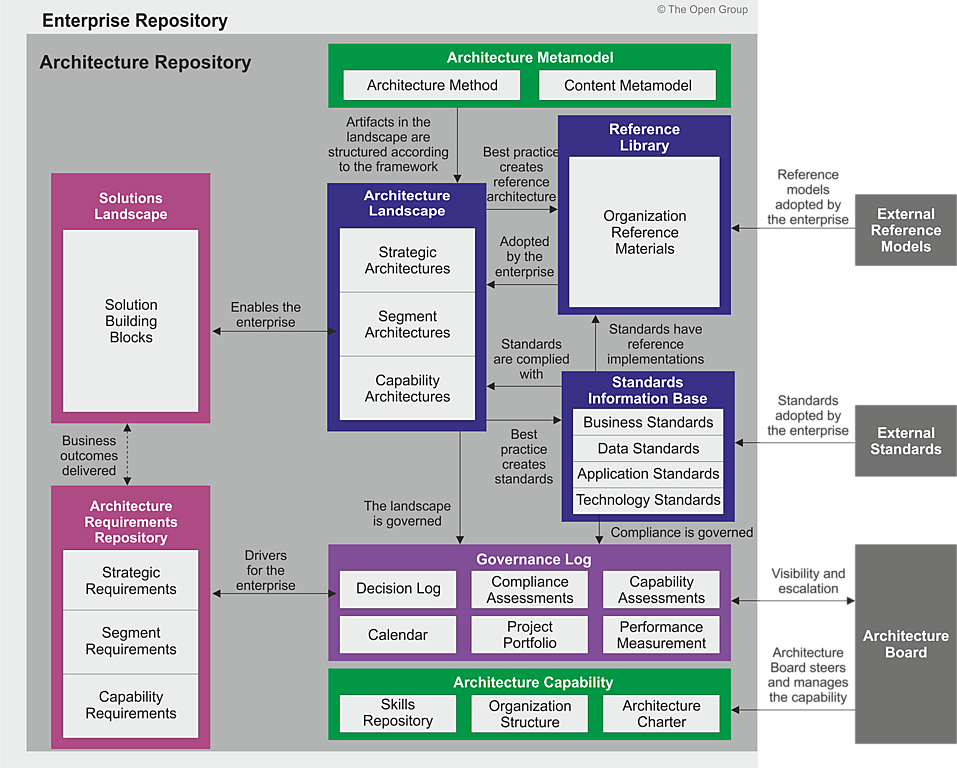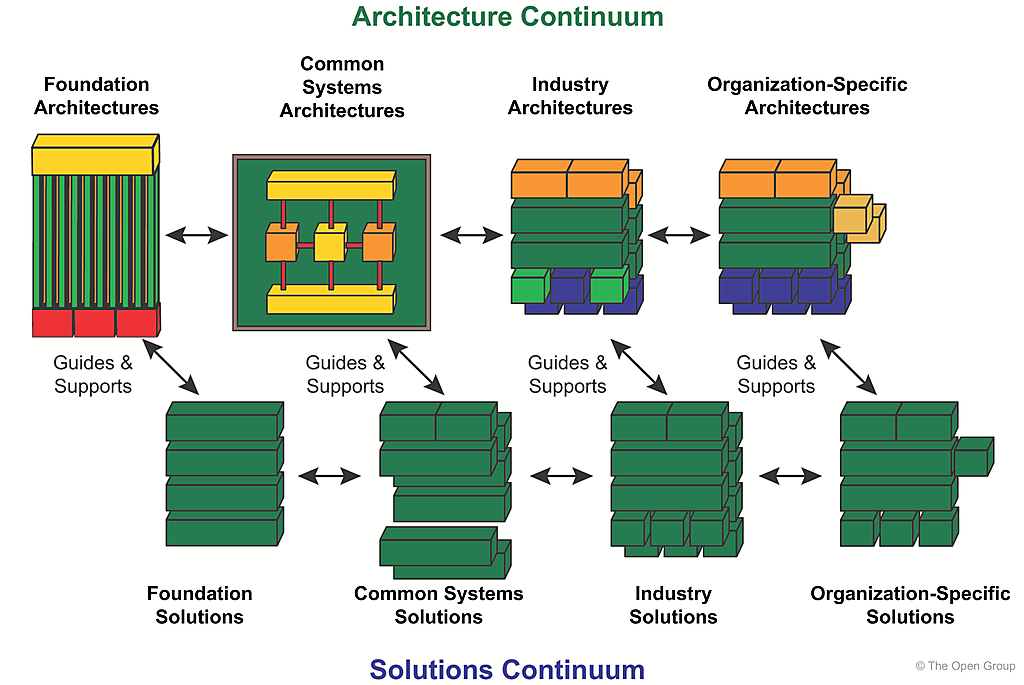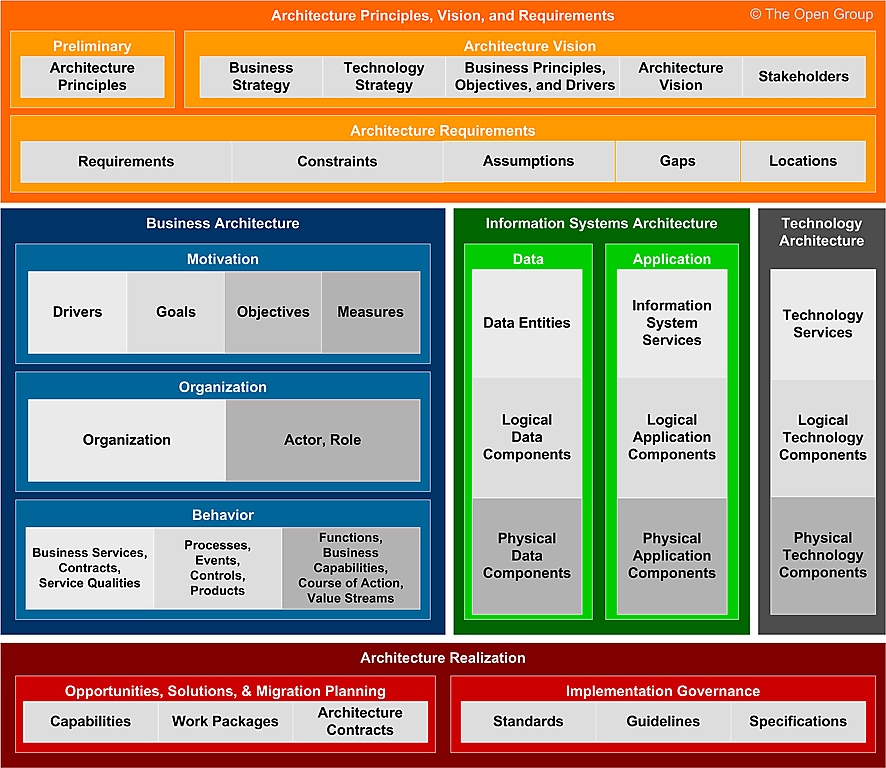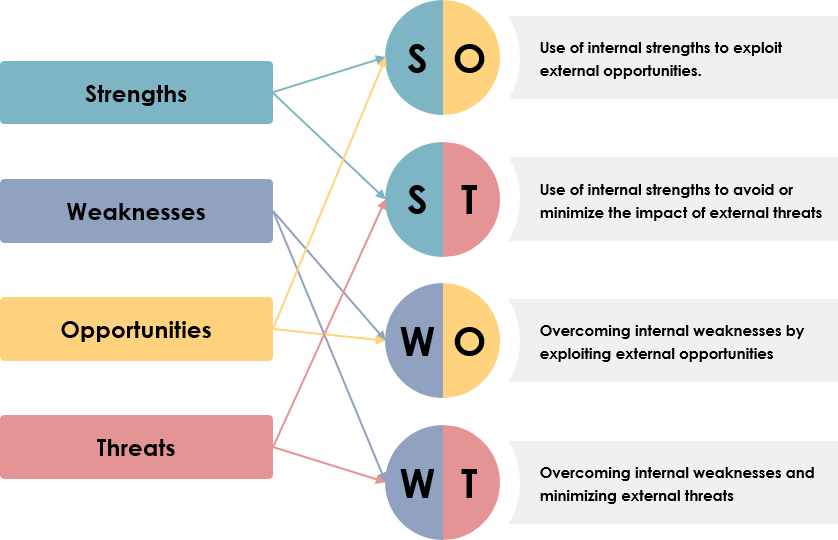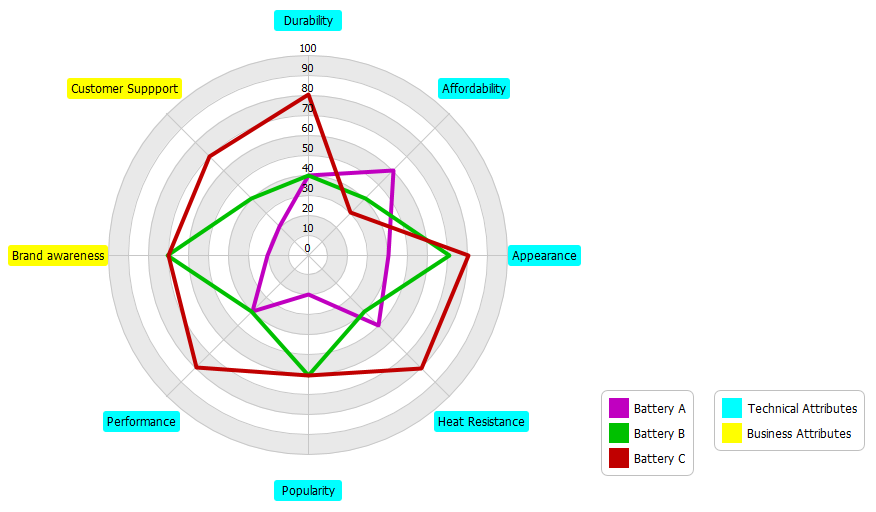Home » Enterprise Architecture » Page 4
What is a Stakeholder Interview Stakeholder interviews are a process of engaging with individuals who have a vested interest in the success or outcome of an enterprise architecture (EA) project. The purpose of conducting stakeholder interviews is to gather insights and feedback from stakeholders in order to identify their needs, expectations, concerns, and pain points related to the project. For EA projects, stakeholder interviews are a crucial component of the project planning phase, as they help ensure that the project goals align with the needs of the stakeholders. Stakeholder interviews provide an…
continue reading →
In today's fast-paced business world, organizations face a multitude of challenges and opportunities that require them to be agile and responsive to changing market conditions. To achieve this, it is essential for organizations to have a clear understanding of their drivers, goals, and objectives, and how they align with their overall business strategy. This is where the Driver/Goal/Objective catalog comes into play. In this catalog, organizations can define their drivers, goals, and objectives, and assign measures to track progress towards achieving them. This provides a cross-organizational reference for how the organization meets its…
continue reading →
In the TOGAF ADM, the first artifact in the first phase is the Principles Viewpoint. However, ArchiMate has introduced a Motivation Layer as an extension layer. Therefore, it would be useful to include an additional artifact in the TOGAF ADM for modeling the motivation of senior-level management in the preliminary phase. This will help to align all stakeholders with the top-level vision for architecture development projects. I suggest using the Motivation Viewpoint in ArchiMate to model this additional tool for the TOGAF ADM. What is The Motivation Layer in ArchiMate The Motivation Layer…
continue reading →
Introduction to Enterprise Architecture and ArchiMate What is Enterprise Architecture? Enterprise Architecture (EA) is a holistic approach to managing the complexity and interdependence of an organization's business processes, information technology (IT) systems, and infrastructure. EA provides a blueprint of the enterprise that describes how different parts of the organization work together to achieve its strategic goals. At a high level, enterprise architecture encompasses the following aspects: Business architecture: Describes the organization's business processes, capabilities, goals, and strategies. Information architecture: Defines the organization's information strategy, including the data and information needed to support the…
continue reading →
Architecture plays a critical role in the success of an organization. It enables organizations to align their business strategies with technology solutions, thereby improving their efficiency and reducing risks. However, establishing and maintaining an effective architecture practice can be a daunting task. That's where the Architecture Capability Framework comes in. Developed by The Open Group Architecture Forum (TOGAF), the framework provides a comprehensive set of guidelines for organizations to establish and maintain a robust architecture practice. The framework consists of seven components, including Architecture Capability, Architecture Board, Architecture Compliance, Architecture Contracts, Architecture Governance,…
continue reading →
In TOGAF, the Architecture Repository is a key component of the Architecture Development Method (ADM) and it is a managed repository that stores all the architectural information, models, and artifacts that are created during the ADM. The Architecture Repository consists of several different classes of architectural information, which are: Architecture Metamodel - describes the organizationally tailored application of an architecture framework, including a method for architecture development and a metamodel for architecture content Architecture Capability - defines the parameters, structures, and processes that support governance of the Architecture Repository Architecture Landscape - presents…
continue reading →
Enterprise Architecture is a discipline that helps organizations align their business goals and strategies with their information technology capabilities. To achieve this, Enterprise Architects must deal with multiple related architectures, each with a different purpose, scope, and level of detail. The Enterprise Continuum is a framework that helps architects organize and classify these architectures and their artifacts. What is Enterprise Continuum The Enterprise Continuum is a framework used in enterprise architecture to organize and classify different types of assets that are used during the development of enterprise architectures. The Enterprise Continuum contains several…
continue reading →
The Open Group Architecture Framework (TOGAF) is a popular framework for enterprise architecture. It provides a structured approach for designing, planning, implementing, and managing enterprise architecture. One of the key components of TOGAF is the Architecture Content Framework, which describes the types of architectural work products that should be produced during the development of an enterprise architecture. In this article, we will explore the key concepts of the Architecture Content Framework, including building blocks, artifacts, and deliverables, and how they relate to the TOGAF Architecture Development Method (ADM). As mentioned before, the Architecture…
continue reading →
SWOT vs TOWS SWOT and TOWS are both strategic analysis tools that are used to assess the internal and external factors that affect a business or objective. While they have similarities, there are some key differences between the two tools. SWOT analysis is a tool that is used to assess a business's Strengths, Weaknesses, Opportunities, and Threats. It is a simple and effective tool for identifying internal and external factors that impact the business. Strengths and weaknesses are internal factors that are within the control of the business, while opportunities and threats are…
continue reading →
Developing new products can be a complex and challenging process, requiring careful consideration of a variety of factors, including product features, resource allocation, customer needs, revenue generation, and decision-making. To ensure that the development process is as effective and efficient as possible, it's important to use tools that can help to evaluate and compare different options, prioritize key features, and identify actionable steps to drive progress towards the desired outcome. In this article, we will explore how the use of radar charts and action plans can help to streamline the product development process…
continue reading →




